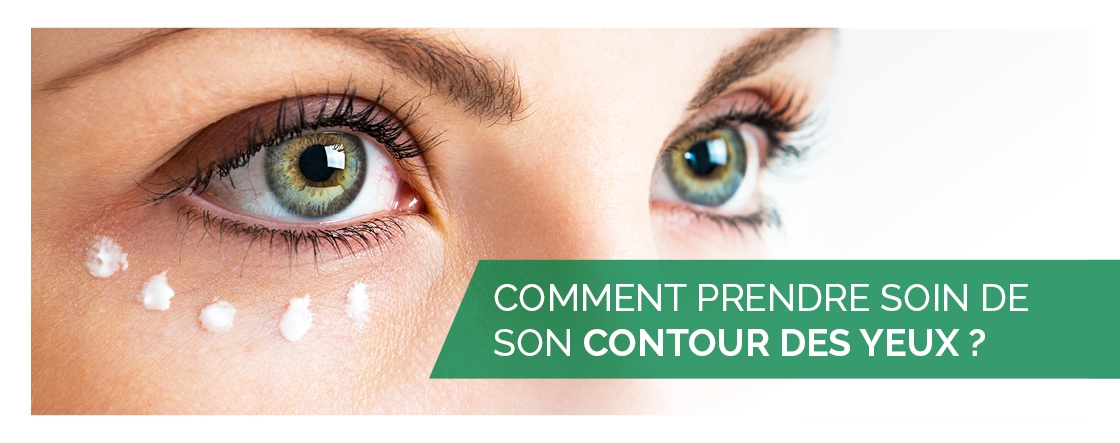All Categories
Featured
Great vision is an essential part of our overall health and wellness and health, yet several people forget their eye treatment up until a trouble arises. Normal eye tests are a vital preventative action that can profit individuals of all ages, from young kids to senior citizens. Whether you currently wear glasses or not, organizing routine eye tests need to be a concern.
Spotting Vision Problems Early. One of the essential factors to have routine eye tests is the early detection of vision problems. Regular eye exams permit eye doctors to determine these issues early and supply proper corrective steps, such as glasses or call lenses, to recover clear vision.
Protecting Kid's Eye Health. For youngsters, routine eye tests are essential to their growth and discovering. Early detection of problems like amblyopia (lazy eye) or strabismus (gone across eyes) can significantly improve a youngster's ability to find out and thrive.
Monitoring and Stopping Eye Diseases. Eye wellness becomes much more crucial as we age. Problems like glaucoma, cataracts, and macular degeneration are much more common in older grownups, and they frequently establish without symptoms in their beginning. Normal eye exams are the only way to catch these diseases early, potentially preventing vision loss. Advanced diagnostic devices made use of throughout an eye test can spot subtle modifications in eye health and wellness that may not yet influence your vision but need medical attention.

Total Health And Wellness Insights. Surprisingly, eye examinations can also expose indicators of systemic wellness problems such as diabetes, high blood pressure, and even certain kinds of cancer. The blood vessels and nerves visible in the eye can indicate the overall problem of your body. By spotting these caution indicators throughout an eye examination, your optometrist can refer you to a professional for more analysis.
Regularity of Eye Tests. The frequency of eye tests relies on age, threat factors, and existing eye problems. For instance, children must have their first extensive eye examination at 6 months of age, complied with by added examinations at age 3 and prior to beginning school. Grownups without any recognized vision troubles should have an exam every two years, while those over 60 or with wellness problems like diabetes mellitus might require annual exams.
Last Thoughts. Routine eye exams are a little financial investment of time that can repay in significant methods, from preserving your vision to catching major health and wellness conditions early. Regardless of your age or lifestyle, prioritize your eye health by setting up an extensive test with an eye treatment professional. Your eyes do even more than help you see the world-- they mirror your total health and wellness, making them worth safeguarding for a life time.
Latest Posts
Discover the Perfect Ceramic Tile Flooring at Carpet Interiors Floor & Home
Get Your Car Fixed Fast - Fix Your Car with Montclare Auto Repair Right Away
Optimize Your Cost savings with WyHy's Certificate Rates
More
Latest Posts
Discover the Perfect Ceramic Tile Flooring at Carpet Interiors Floor & Home
Get Your Car Fixed Fast - Fix Your Car with Montclare Auto Repair Right Away
Optimize Your Cost savings with WyHy's Certificate Rates